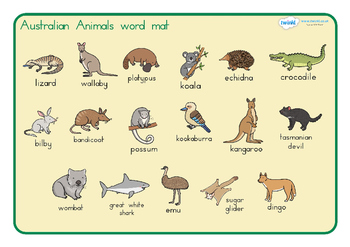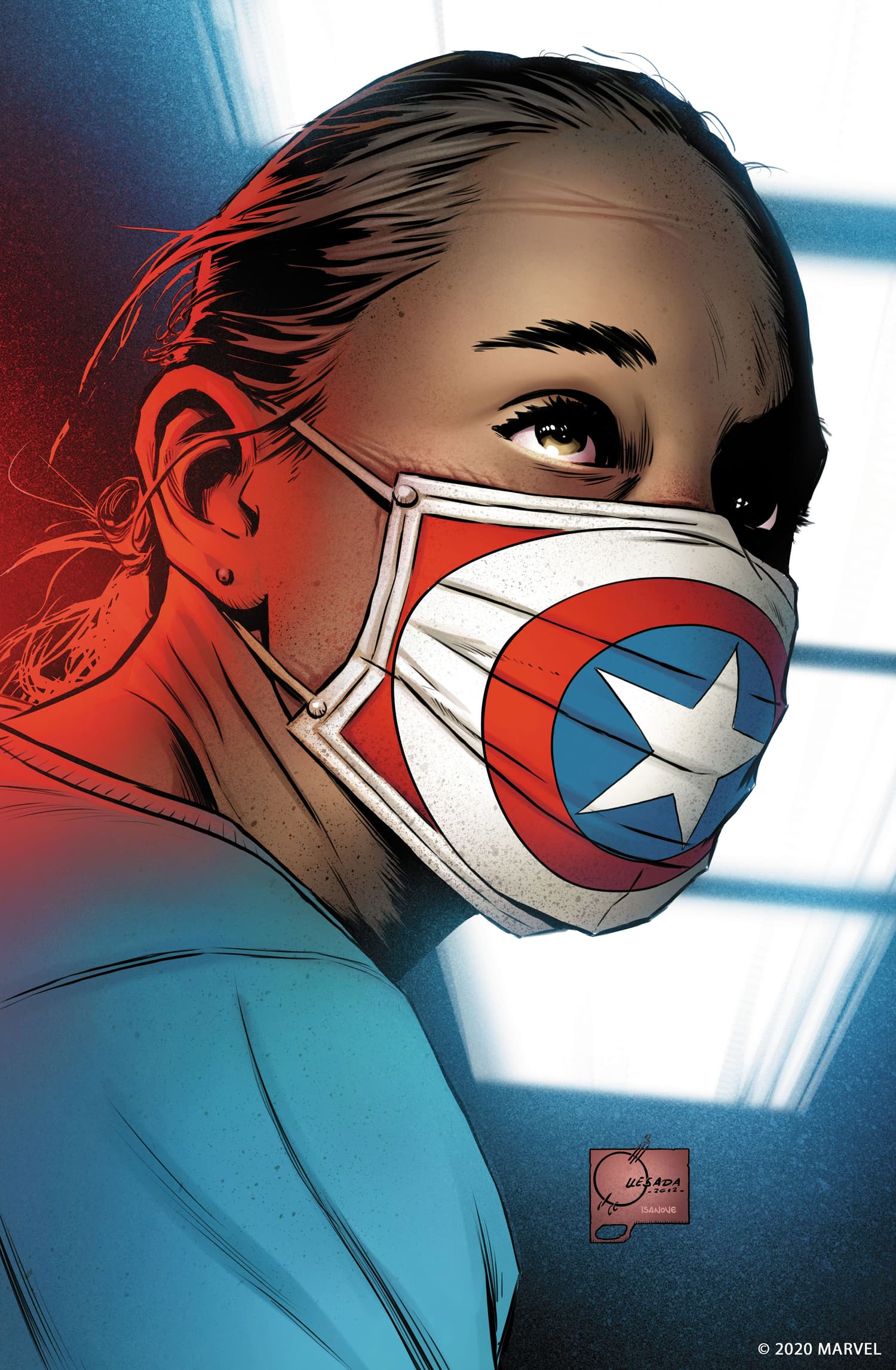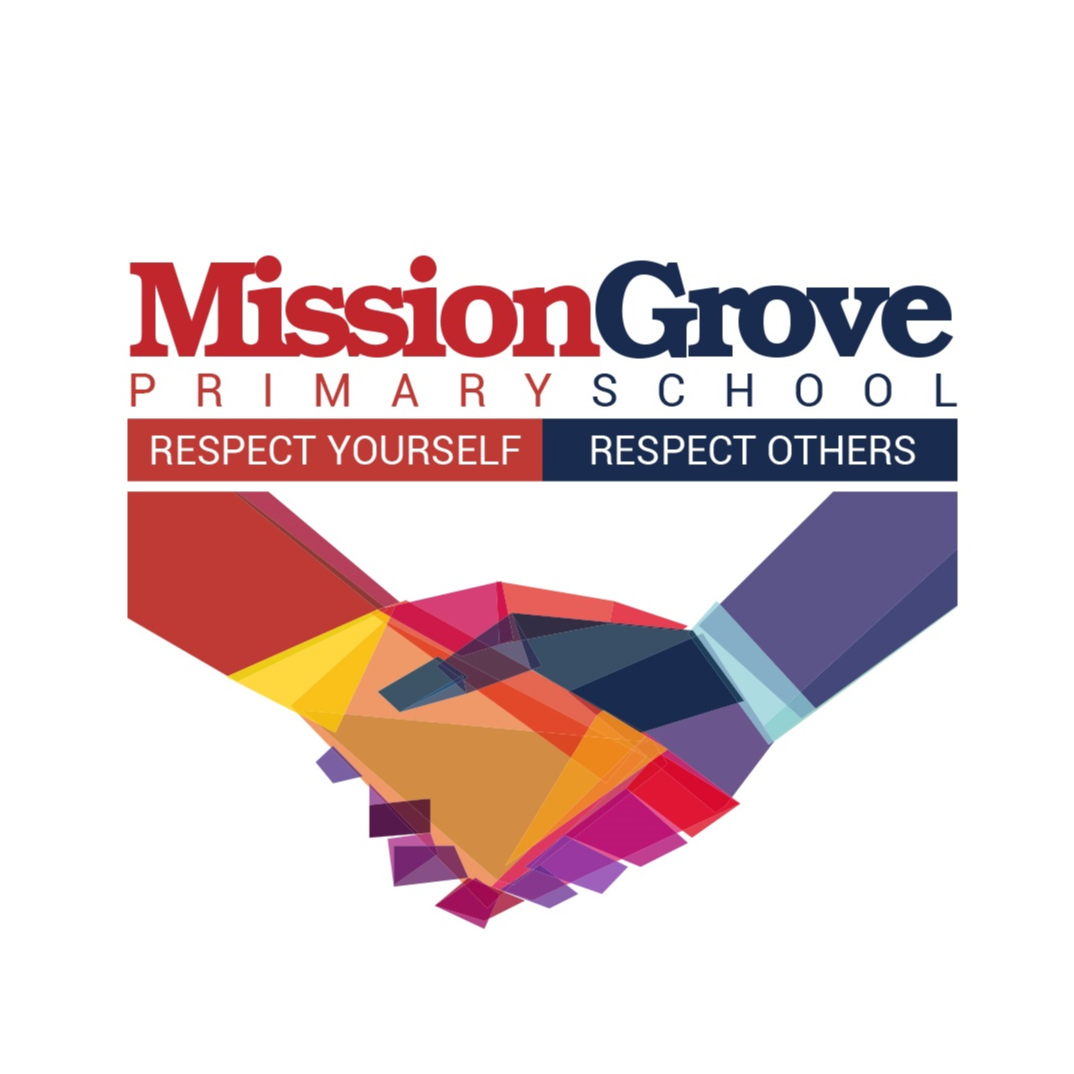Home Learning Archive 29.6-10.6
Friday 3.7.2020
Hi everyone!
Online Books
As well as myON there is another great website that you can use to read online books.
Raintree Online
Username: UKfreeaccess
Password: engage
Literacy
The Ning Nang Nong by Spike Milligan is a great nonsense poem.
Listen to the author perform it.
On the Ning Nang Nong by Spike Milligan
On the Ning Nang Nong
Where the Cows go Bong!
and the monkeys all say BOO!
There's a Nong Nang Ning
Where the trees go Ping!
And the tea pots jibber jabber joo.
On the Nong Ning Nang
All the mice go Clang
And you just can't catch 'em when they do!
So it’s Ning Nang Nong
Cows go Bong!
Nong Nang Ning
Trees go ping
Nong Ning Nang
The mice go Clang
What a noisy place to belong
is the Ning Nang Ning Nang Nong!!
Can you spot any rhyming words?
Onomatopoeia is words that sound like a sound. Cna you spot any onomatopoeic words?
Can you create eight lines of your own nonsense poem?
Maths
Today we will be counting up to 100. You will need two counters and a dice and will be playing against a partner in your house.
1. Each person puts one of their counters on 0 (the snail's eye).
2. Roll the dice and move that number of spaces along the snail's body.
3. When you get to 9, move the counter onto 1 ten and put your other counter on 0 (the snail's eye).
4. Keep moving the second counter along the snail's body as you roll the dice. Each time you reach 9, move the tens counter to the next ten.
5. The winner is the person who reaches 100 first.
Computing
This year we have learnt how to keep safe online. I want you to revise our learning using espresso.
Watch the videos
and complete the activities to remind yourself what the Internet is, what passwords are and why we should keep them safe, what information we should and should not share online and how we can keep ourselves safe online.
Have a nice weekend, Miss Conroy
Thursday 2.7.2020
Hello Year Two!
Literacy
Today I want you to read through and edit yesterday's Australian animal report.
- Carefully read your report out loud. Do you notice any missing words or mistakes? Correct these.
- Read through your writing again and look for missing capital letters and full stops. Remember that names and titles need capital letters too.
- Look for any missing question marks. Did you use questions as subheadings or a Did you know? textbox.
- Comma time! Have you used an expanded noun phrase or a list? Commas need to be between the list's items or the adjectives of the expanded noun phrase.
- Read through your work. Can you add in some description with verbs, adverbs and expanded noun phrase?
- Can you add in some conjunctions - because, if, or, but, so, as and when?
- One last read through. Can you check and correct your spelling?
Maths
Use yesterday's learning of position and direction to help Wally find his objects.
Remember to use positional language - right, left, quarter turn, half turn, forwards and backwards.
If you want to challenge yourselves try to avoid the brick walls when giving your directions.
When you are finished giving your directions, follow these instructions to draw new objects on the grid.
1. Start at Odlaw’s binoculars, make a quarter turn right, go forward one square, make a quarter turn right, go forward two squares. Now draw a walking stick.
2. Start at Woof’s bone, make a quarter turn left, go forward 3 squares, make a quarter turn left, go forward 3 squares, make a quarter turn left, go forward one square. Now draw a pair of glasses.
3. Start at Wally’s hat, make a half turn right, go forward 5 squares, make a quarter turn left, go forward 3 squares, make a quarter turn left, go forward one square. Now draw another bone for Woof.
Australian Geography
Research some Australian landmarks.
- Describe them.
- Where are they?
- What are/were they used for?
- How old are they?
- Are they physical or human features?
- Draw a picture of them.
I hope you have a great day, Miss Conroy
Wednesday 1.7.2020
Today is the first day of July. It was named July to honour the Roman statesman Julius Caesar. Before that it was known by the Latin word Quintilis – which means 5th - as it was the 5th month of the Roman year before the calendar was changed to the one we know today. The Anglo-Saxons called it Heymonath because it was hay-making time.

Literacy – Write your report about a chosen Australian Animal
It is time to write a non-chronological report. They are usually non-fiction texts which give information, but not in a time order.
Yesterday you gathered your facts to write about an Australian animal. Now you need to write those facts into your own sentences and organise them using sub-headings. Sub-headings tell us where to find different types of information, such as an animal’s diet, habitat or amazing facts.
I have attached a worksheet below with an example layout. There is also a key vocabulary box and a list of suggested sentences openers to make your work really interesting. 'm looking forward to reading about lots of different animals!
Maths – Position and Direction
Depending on whether you’re moving a living thing or an object, you can use different vocabulary to give directions.
Anything with a face needs to be told whether they move forwards or backwards, and this depends on the direction they are facing. Their left or right may look different depending on the direction they are looking to. If you have an object, you can simply tell it to move up or down, as well as left and right.
Example: The crab is moving to the right. The Zebra is not moving to the left, but it is moving forward. Try these other exercises.
Geography – Name and Locate the 5 oceans on a map of the world.
The surface of the planet is approximately 71% water and contains five (5) oceans, the Arctic, Atlantic, Indian, Pacific and Southern. They surround the 7 continents.

Watch this video to find out a few facts about each ocean and see where it is.
Can you name each ocean on this map? Now complete these sentences.
- The _____________ is the biggest ocean.
- The _____________ ocean is between Africa, Europe, North and South America.
- The _____________ is the warmest ocean.
- The _____________ is the ocean furthest South.
- The _____________is a cold ocean.
Here are some animals that live in the ocean that surrounds Australia. Which ones do you recognise? Sketch some of their shapes and have fun colouring them in a range of bright colours.

Tuesday 30.6.2020
Hello everyone.
Literacy
Today, I want you to pick an Australian animal that you are interested in and research it.
- Describe it.
- What type of animal is it? mammal/bird etc
- What is its diet?
- Where is its habitat?
- What is its life cycle like?
- Any other interesting facts about it.

Maths
Time to click on these links to practise your number bonds to 20 again.
Hit The Button Number Bonds to 20
Investigation
I want you to be scientists and investigate chemical reactions between acids and bases. Please make sure that you have an adult helping you.
- Fresh Lemons (Acid)
- Knife
- Baking Soda (Base)
- Liquid Dish Soap
- Cup
- Clear Glass or Cup (so you can see the reaction)
Method:
- Roll the lemons on the counter like dough.
- Cut the lemon in half and squeeze it into the cup.
- Place one tablespoon of baking soda and one teaspoon of liquid dish soap into the clear glass or cup and stir them together.
- Pour the lemon juice onto the baking soda soap mix.
- Watch and discuss the reaction. Can you discover what gas is being realised.

Thinking Time
What would you pack in a bag for a trip to Australia? Why?
Art Club
This week's Art Club is on the theme We Can Be Heroes.
Miss Harding has included lots of information about how to draw in proportion just like we have learned about this year.

Have a great day, Miss Conroy
Monday 29.6.2020
Hi Year 2,
TTRockstars
Well done to Chaffinch and to Crow who won last week’s TTRockstars Competition.
It was a terrifically high scoring competition. I am particularly impressed with Cuckoo who won their first competition since the 3rd of April.
Well done to Muhammad Mahir who won 22,000 points, Illenia who won 15,000 points, Sitharth who won 14,000 points and Rayan who won 9,000 points.
This week’s competition has already started.
Chaffinch vs Crow
ChiffChaff vs Cuckoo
Literacy
This week we will be writing a non-fiction report about Australian animals.
Have a look at this Antartica non-fiction report? How is it organised? What language does it include?
Can you find a heading, subheadings, facts, pictures, expanded noun phrases and conjunctions?
Now why don't you find the answers to these questions.
Maths
It's time to practise your number bonds to 20 and one fun way of doing this is by playing Number Bond Snap.
Write the numbers 0-20 on different post-it-notes/ pieces of paper or cards. Turn these face down on a table. Turn over a card and call out the number you need to add to it to make 20. e.g. if you turn over 4, you call out 16 as 4+16=20.
Why don't you see how quickly you can recall all of the number bonds or compete against a sibling or parent to see who can do it quicker.
Handwriting
This week’s handwriting joins are ot and on.
What words contain these joins?
Make sure that you are practising these joins in your writing. Remember that the t should be taller than the o and the n.
Positivity
What has been your favourite thing about lockdown? Ask everyone you live with and share some positive thoughts about this time together.
We really enjoy the work that you send to us so please continue sending it to yeartwo@missiongrove.org.uk.
Miss Conroy






